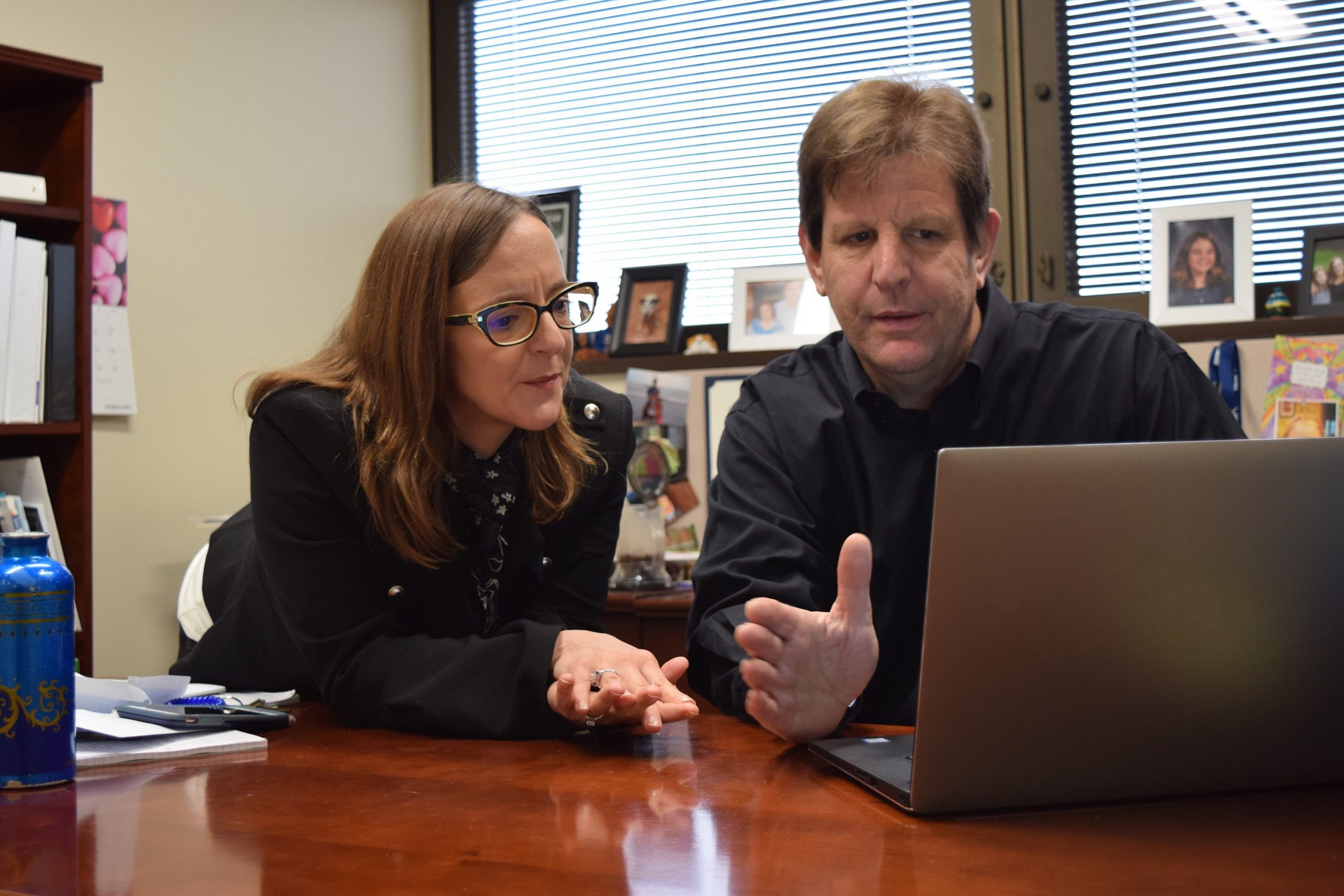CPAP, short for continuous positive airway pressure, is the most commonly used therapy for obstructive sleep apnea and is prescribed to millions. It is estimated that half of those prescribed CPAP find treatment adherence difficult despite untreated sleep apnea’s association with daytime sleepiness, motor vehicle accidents and increased risk for cardiovascular diseases including stroke.
A new study of the challenges and burdens faced by CPAP users, conducted by research scientists from the Regenstrief Institute, Richard M. Roudebush Veterans Affairs Medical Center and IUPUI, reports that successful patient adherence to CPAP therapy requires new, personalized patterns of behavior incorporating physical, psychological and cognitive adaptations.
“Telling patients they should exercise more or go on a diet is not a prescription for success, and neither is just handing them a CPAP machine with basic use instructions,” said Regenstrief Institute research scientist Edward Miech, EdD, who led the new study. “Simple actions, such as discussing the patient’s specific concerns during the crucial initial period, can successfully introduce CPAP treatment and could increase the likelihood of successful adherence.
“Unlike taking a pill, personal context – especially in the home situation — can make an enormous difference in terms of how well individual patients adapt to CPAP after receiving a diagnosis of obstructive sleep apnea,” he said. “Given the irritating, ongoing challenges associated with CPAP adherence, helping patients adapt the treatment to the specifics of where and how they live represents a major opportunity to improve CPAP adherence and improve obstructive sleep apnea outcomes.” Dr. Miech is a health services researcher and an implementation scientist who assesses how interventions, implementation strategies and contexts work together to influence implementation success and sustainability.
The objective of the new study was to understand the processes that help explain successful (and unsuccessful) CPAP therapy and to evaluate how and why external assistance and advice improved its use. Study staff talked in person with participants in their homes.
“Its essential to help individuals with sleep apnea use CPAP,” said study co-author Regenstrief Institute research scientist Dawn Bravata, M.D. “In a study we published in 2018 we found that for individuals who have had a stroke or a TIA — a Transient Ischemic Attack, also known as a mini-stroke — treatment of sleep apnea with CPAP provides significant benefits. But if patients don’t use their CPAP machines because the mask doesn’t fit right, the noise is bothersome or other reasons, patients with sleep apnea, aren’t getting the treatment they need.”
CPAP has been used as a sleep apnea therapy for many years, and it has an excellent safety record according to Dr. Bravata.
“Helping individuals use CPAP correctly is extremely important,” said study co-author Regenstrief Institute research scientist Marianne Matthias, Ph.D. “There are a many ways clinicians and others can assist, even telephone consultation. Opportunities exist when CPAP commences as well as at critical junctures when a patient is vacillating between being a user or a non-user as they fit the device into their home context. Extra support or a nudge could make a big difference.”
“Adapting Continuous Positive Airway Pressure To Where Patients Live: A Comparative Case Study” is published in Cureus, an open access peer-reviewed medical journal. Co-authors of the study (in addition to Regenstrief Institute research scientists Drs. Miech, Bravata and Matthias) are H. Klar Yaggi of VA Connecticut Healthcare System and Yale University School of Medicine, Lauren Tobias of Yale University School of Medicine as well as Curt Austin and Jared Ferguson of the Roudebush VA Medical Center.
The study was supported by National Heart, Lung and Blood Institute (NHLBI) grant U34 HL105285-01 and Department of Veterans Affairs grant CDA 10-034.









